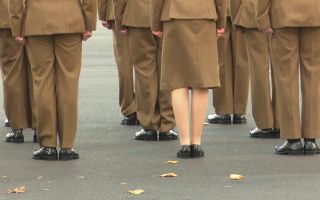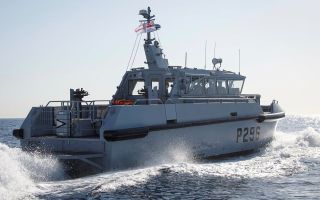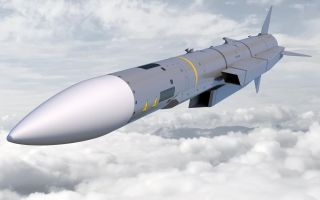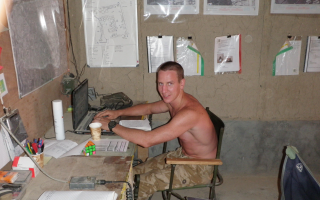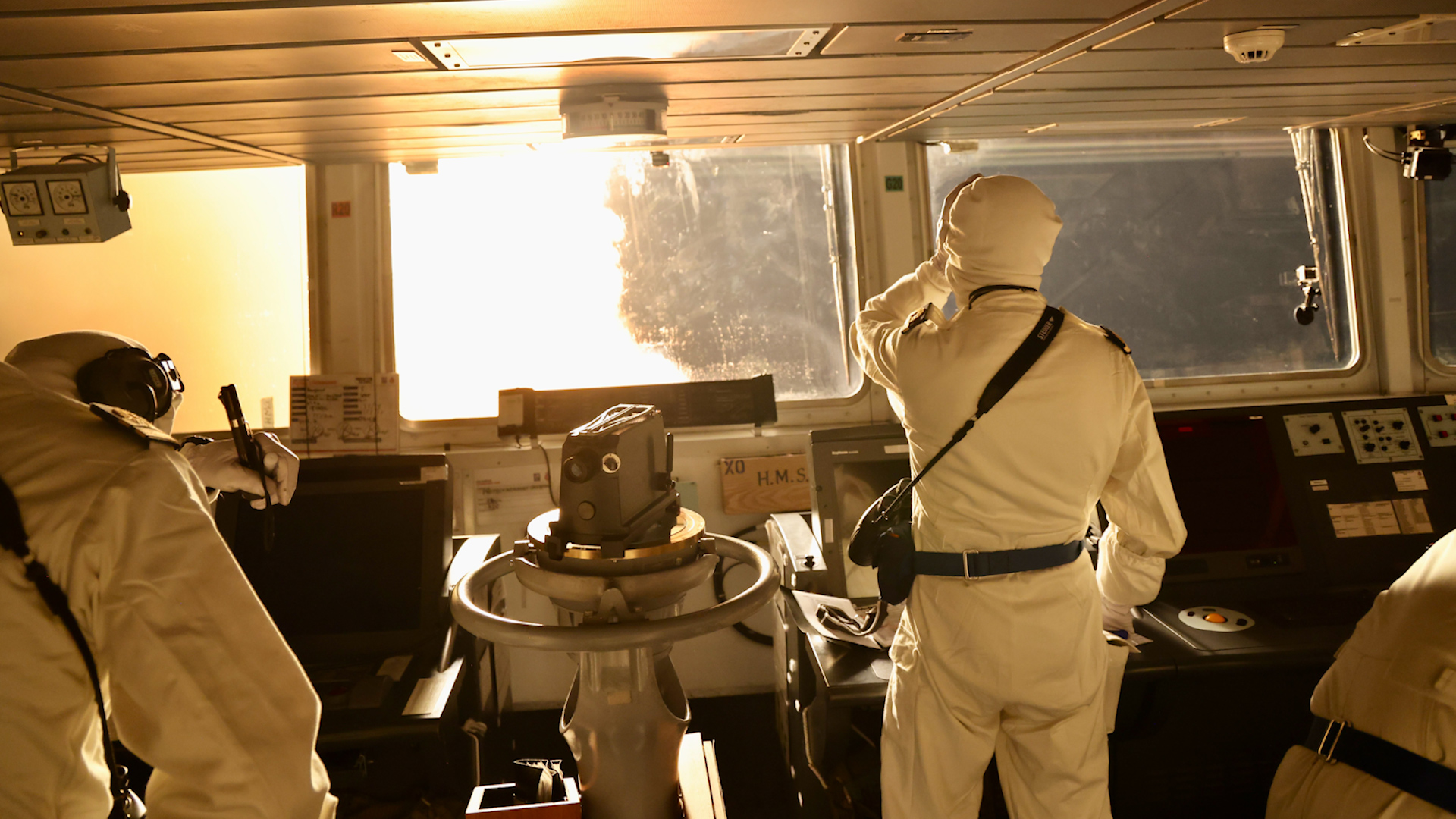
'Tough gig' for Royal Navy to sustain high level of alert in Red Sea amid Houthi attacks

As the Houthis ignore the warnings of the West in the Red Sea, the Sitrep podcast spoke to a former Royal Navy commander about battling missile and drone attacks on board a warship - listen to the full episode here.
Despite performing "really well" in the Red Sea, an expert has warned it is a "tough gig" for the Royal Navy to sustain the high level of alertness needed to repel Houthi attacks.
Tom Sharpe, a former Royal Navy Commander, told the Sitrep podcast, said the Royal Navy will need to rotate ships, adding "there aren't enough" coalition ships in the region.
"One hundred and sixteen missiles and drones have been fired since the 26th of October," he said.
"So the bottom of the Red Sea is an extraordinary environment and has been for some time.
"The ships there have been on high alert for some time and I did some sums – a ballistic missile at 2,000mph will give the ships 30 seconds' notice to respond.
"So they have to maintain that around the clock and have been for weeks. It's a tough gig and the people on there will be on high alert."
A picture, released by the Ministry of Defence (MOD), showed Royal Navy sailors on board HMS Diamond firing a missile whilst in white overalls, anti-flash hoods and protective gloves.
Mr Sharpe said this showed the crew of the ship were in "action stations", a state of readiness when they know an "attack is coming".
"Everyone's up, every weapon is manned, every sensor is on," he said.
"So the anti-flash, they will be wearing the overalls all the time. That's part of being in defence watches.
"You are on immediate notice to move up one into the action state. The fact that they've got their hoods up is because they were under live missile attacks.
"They were at action stations. You can't sustain that because nobody sleeps. So that's when the captain earns his money – when to go to it, and sometimes, more difficult, when to come out of it." he added.
It comes as both the UK and US have continuously warned the Iranian-backed Houthi militants there would be consequences if they did not stop their attacks.
Most recently, the Defence Secretary said he had "no doubt" that Iran was guiding the Houthi assaults against commercial shipping, and said "there will be consequences" if the attacks do not stop.
When asked about potential military strikes on Houthi targets in Yemen in retaliation, Grant Shapps said: "Watch this space."
Professor Michael Clarke, former Director-General of the Royal United Services Institute (RUSI) defence and security think tank, said he believes it is "50/50" as to whether the West responds to the Houthis attacks in the next 24 hours.
"The warning was first made on the 3rd of January, 'there will be consequences', and the Houthis have not just ignored it, but they've defied it in pretty obvious ways," he said.
"The tipping point will be the next attack if there is one. So, I think even a relatively small attack in the next 24 hours would actually be the tipping point."
Prof Clarke did go on to say a response could be "demonstrative", such as "taking out some facilities that we know the Houthis have in order to show that we know where they are", or it could be a much bigger response.
"But we have to be aware that politically this is quite fraught because the Houthis are not a tinpot guerrilla group," he said.
"They've taken over a lot of sophisticated military equipment in the last few years since they've controlled the north of Yemen and they've got air, land and various sea forces.
"So it's not a small force."
He went on: "They are almost organised in a rather conventional way. And behind them, of course, is Iran. So there's a lot.
"It would be a military response with a lot of political messaging to Iran that we, the West, are prepared to escalate unless you, the Iranians, are going to call a halt to this."
The award-winning Sitrep podcast brings you discussion and analysis on defence, foreign policy and the stories affecting the British forces - presented by Kate Gerbeau, with expert analysis from Professor Michael Clarke.
Listen to the full episode of Sitrep on Youtube here or wherever you get your podcasts.

